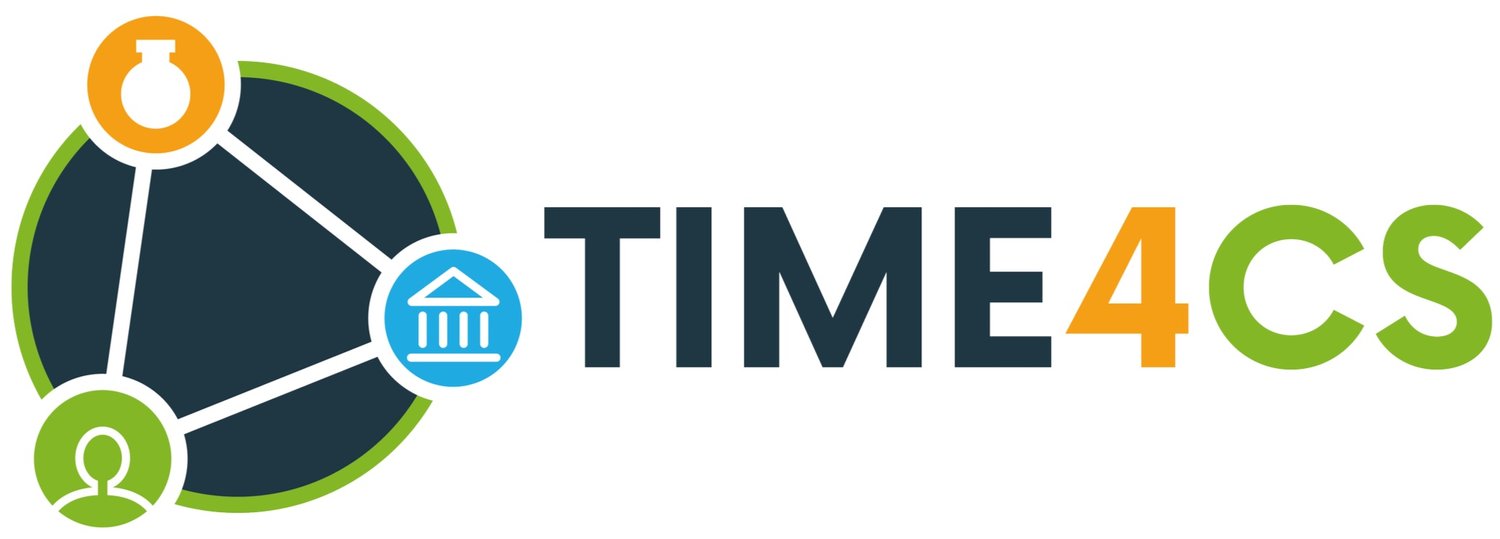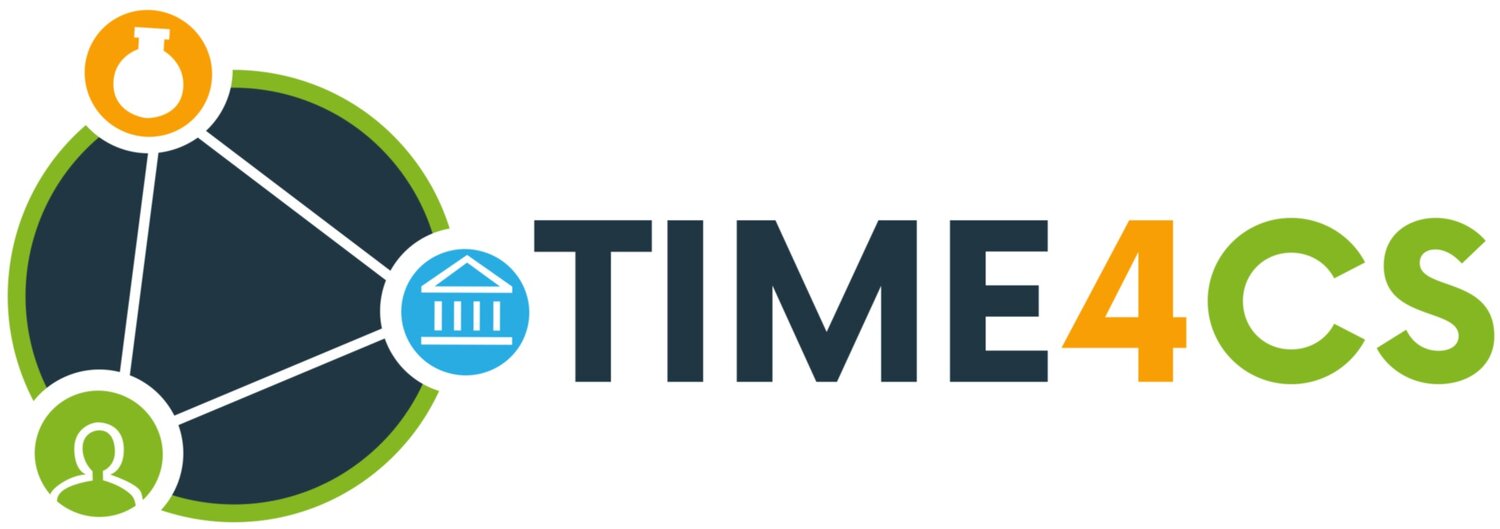The TIME4CS Statement: How we plan to co-create a message to the world
I was once told that when giving a talk, it is best to leave the audience with one key point to take away as that is all they will really remember. Whether this is true or not, it certainly is always beneficial to provide a clear and precise message when communicating the results of research, hence why journal articles have an abstract and IPCC reports have a ‘summary for policy-makers’.
Accordingly, for our project we will craft a ‘TIME4CS Statement’. The aim of the statement will be to detail a set of recommendations for institutions or individuals at institutions who have an interest in initiating or expanding their engagement with Citizen Science. Based on nearly three years of work with research performing organisations who are leading institutional integration of Citizen Science, our statement will offer practical and innovative steps on how to create the right conditions and support to enable Citizen Science to flourish.
In line with the principles of Citizen Science itself, we plan for this to be accessible and readable, and, perhaps most importantly, created through a process of co-design. It will therefore begin with a brief and straightforward introduction of what Citizen Science is and why it is considered so important. Similarly to the declaration produced at the ‘Citizen Science and the SDGs Conference’, Berlin, in 2020, which came up with broad recommendations for policy-makers after extensive engagement with the Citizen Science community, we will consult both the research performing organisations already involved in the project as well as new institutions through various methods including a webinar, workshop, and an online consultation. Although we have some ideas of what to include, we intentionally leave these open to change in order to capture the most important aspects for those involved.
Our hope is that when this statement is published towards the end of the year, institutions all over Europe and indeed the world will have a clear roadmap to support them to embrace Citizen Science. After all, as Katrin Vohland and colleagues emphasise, “Citizen science is becoming a global movement.”
Watch this space!
Author: Simon Hoyte (UCL)

